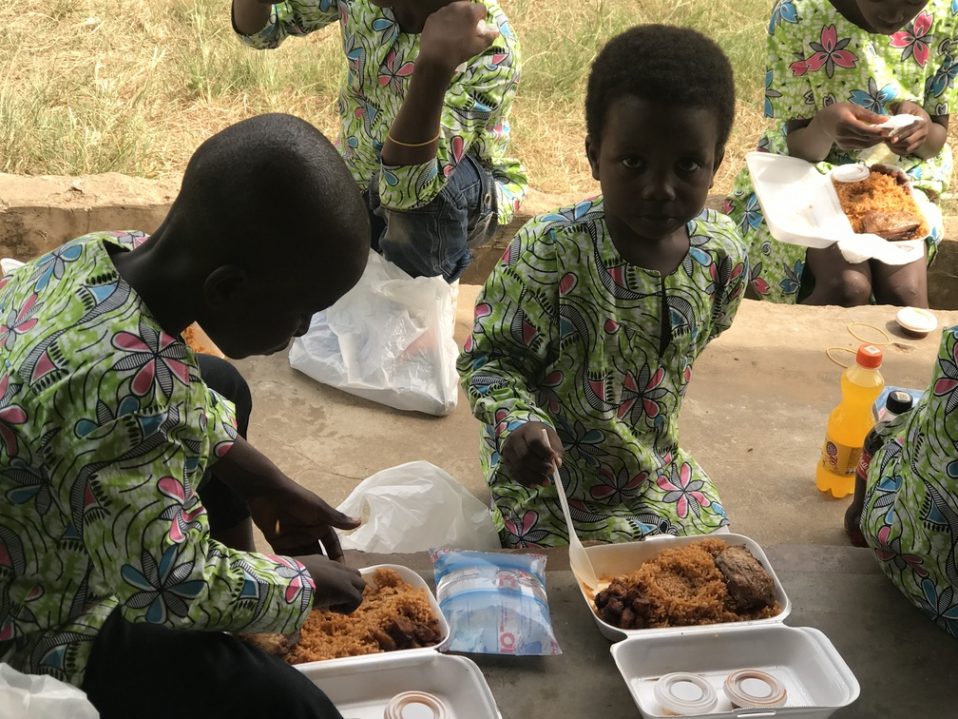
“Farms for Orphanage Meals” ensure the availability, utilization and access to school meals. It recognizes the link between education, nutrition and skill development and is improving access to all. “Farms for Orphanage Meals” increases school attendance, retention and active teaching and learning activities in schools by more than 25 percent.
CAUSE PROGRESS
CHALLENGE
Best path towards lasting success for anyone is through economic opportunity. Often women are not afforded the same opportunities as men. Especially in rural areas, it is common to meet Ghanaian women who are relegated to engage in menial or degrading ways to raise money. The lack of information and poor financial support also make entrepreneurship difficult for them. Furthermore, small storekeepers do not have appropriate transportation methods and market structures, making business nearly impossible.
SOLUTION
“Farms for Orphanage Meals” ensures the availability, utilization and access to nutritious in-school meals. Community orphanages are supported by these Farms and key stakeholders to grow their own organic food. “Farms for Orphanage Meals” prioritizes the growing of staple crops, vegetables, and fruits. With produce from the farm, these children are offered a sustainable in-school nutritious meal for healthy growth and mental development.
LONG-TERM IMPACT
“Farms for Orphanage Meals” increases school attendance, retention and active teaching and learning activities in schools by more than 25 percent. Reduction in the school’s feeding budget will also reflect the percentage reduction in the cost of accessing education. We use clinical methods to assess the nutritional status in collaboration with the local Nutrition Offices and the local Ministry of Health.

